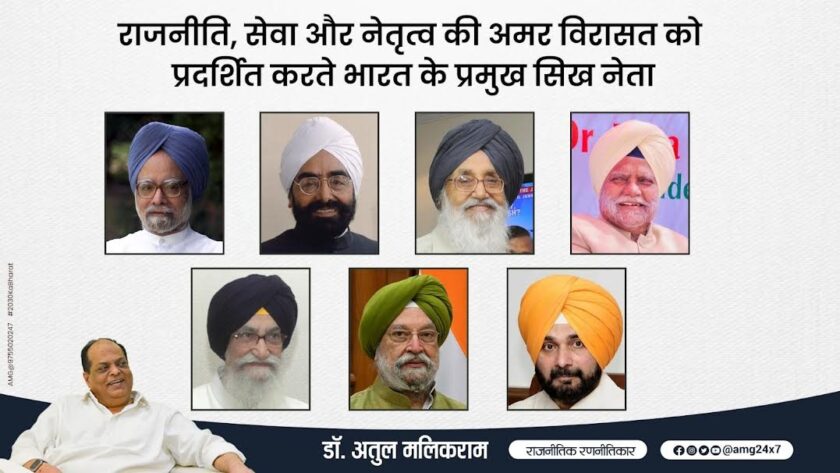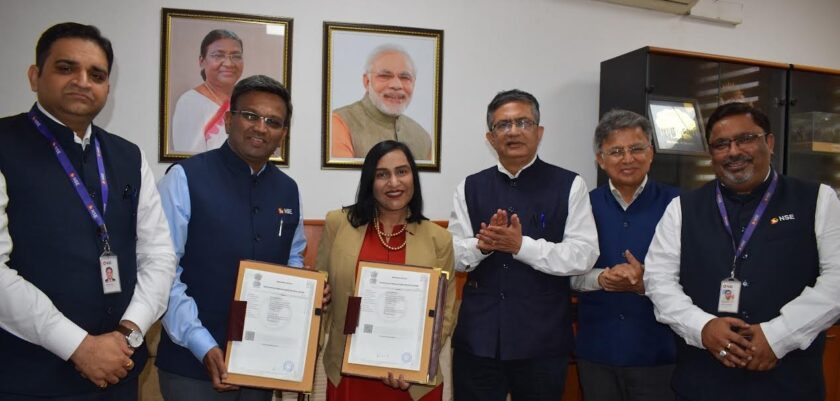New Delhi: In a significant political development ahead of the Bihar Assembly elections scheduled later this year, the Aam Aadmi Party (AAP) has announced its decision to contest all 243 seats independently, marking a formal split from the INDIA alliance, which it had been part of until now.
The announcement was made by Saurabh Bharadwaj, AAP’s Delhi convenor and former minister, during an interaction with the media in the national capital. Bharadwaj emphasized that the party had decided to fight the elections in Bihar alone, citing a lack of trust in alliance coordination.
Fallout Over Gujarat By-Elections
Recounting past incidents, Bharadwaj said, “During the Gujarat bypolls, there was an understanding between Congress and AAP to field candidates in designated seats. However, on the final seat, Congress fielded its own candidate against ours. That was a betrayal of the alliance framework.”
He added, “We have learned from that episode. Hence, in Bihar, AAP will contest all seats independently and will not be a part of any alliance.”
Political Landscape Heats Up
With just 4–5 months left for the polls—likely to be held in November or December 2025—the announcement adds another dimension to what is already shaping up to be a high-stakes electoral battle.
-
NDA will field candidates from BJP, JD(U), and LJP (Ram Vilas)
-
Mahagathbandhan (Grand Alliance) will include Congress, RJD, and other regional allies

-
Prashant Kishor’s Jan Suraaj is also entering the fray independently
-
Now, AAP joins as the newest solo contender
AAP’s decision could potentially split opposition votes, especially in urban and semi-urban constituencies, altering traditional vote dynamics.
Political analysts believe that while AAP’s organisational base in Bihar remains limited compared to other players, its nationwide presence, welfare-centric image, and anti-corruption pitch may resonate with certain segments of the electorate.
As the countdown to the elections begins, the Bihar battleground promises a multi-cornered contest, with new alliances and shifting loyalties challenging the status quo.










